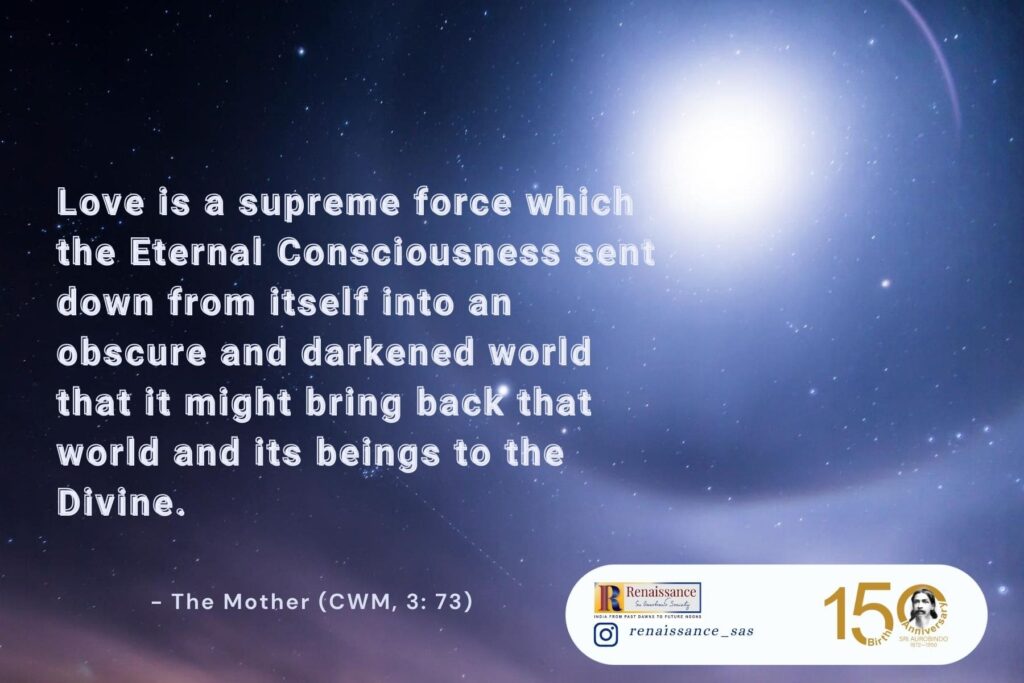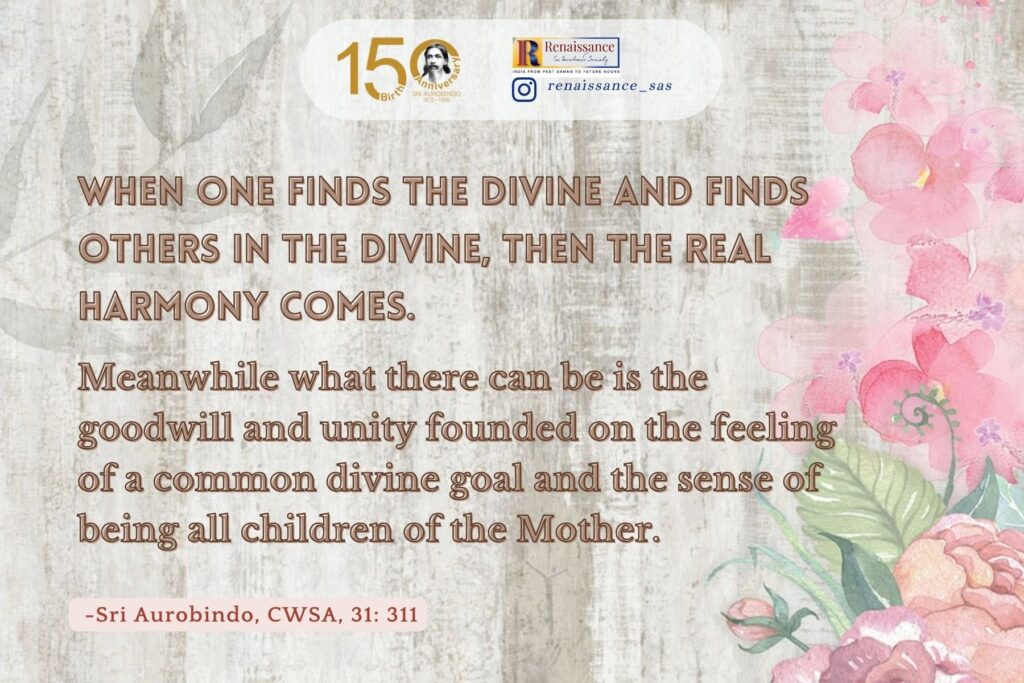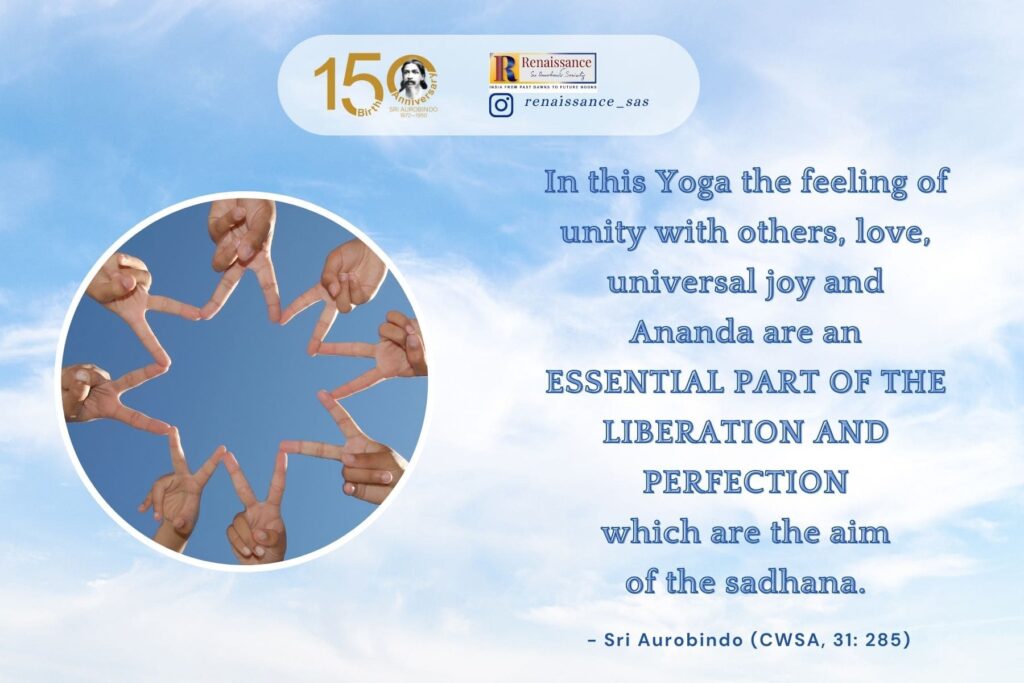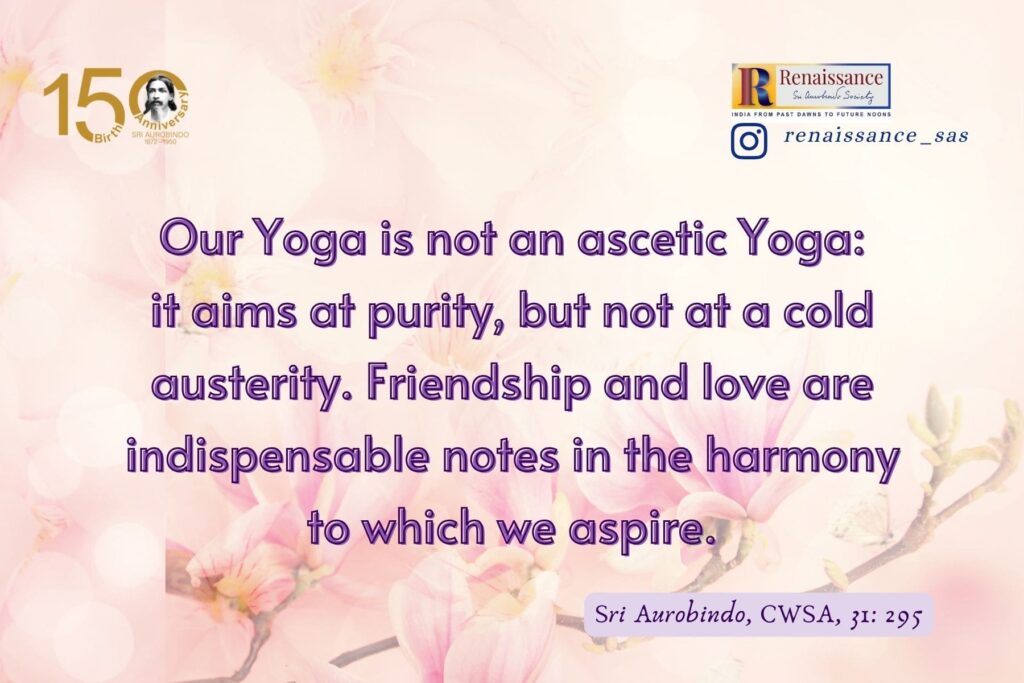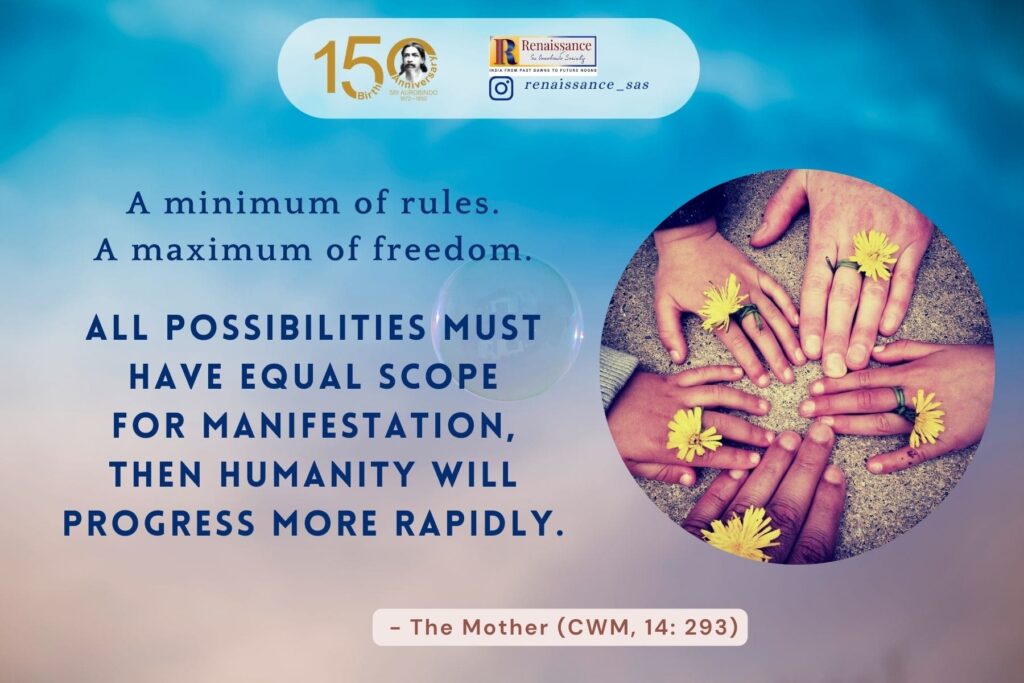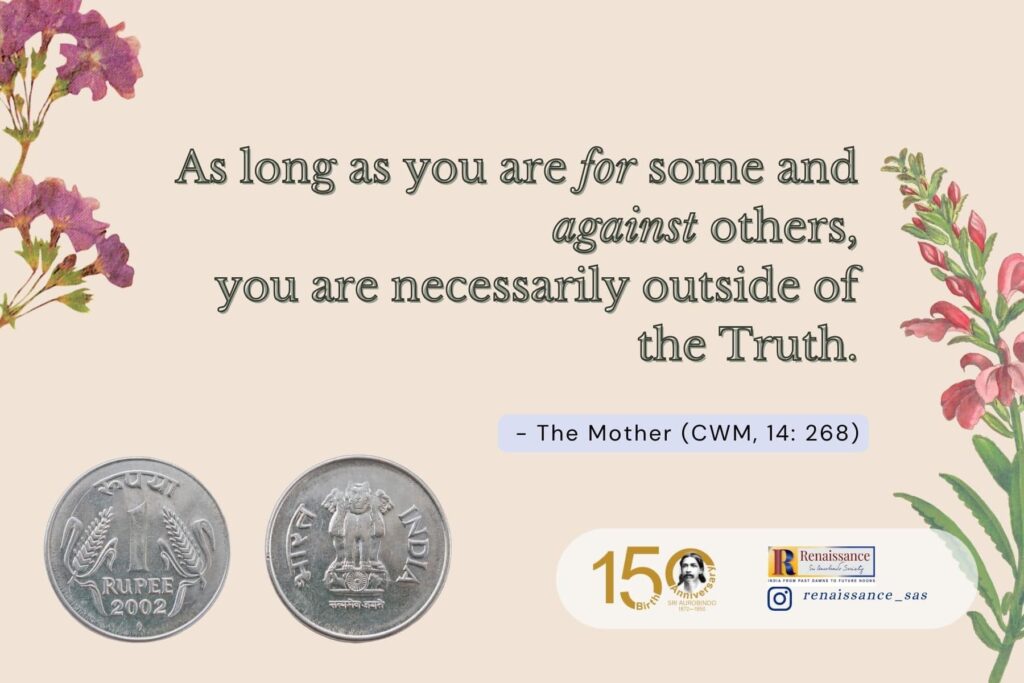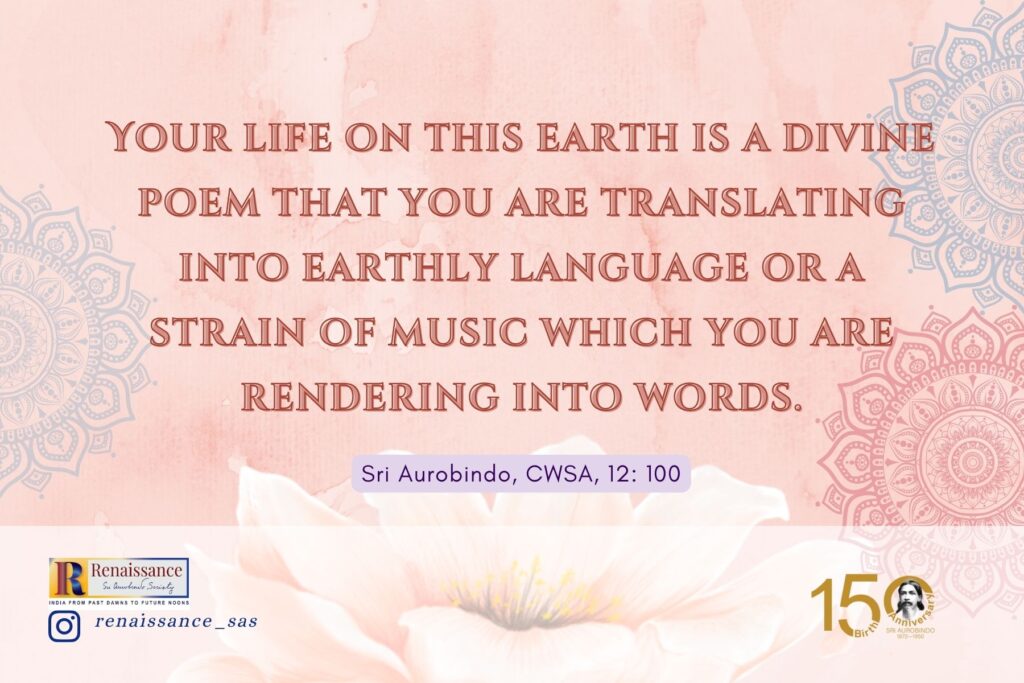On Life, Love and Relationships
After a break in December, we are back with our new issue, the first one in 2023. Continuing with our series – All Life is Yoga, this time we focus on the theme – Human Relations and Yoga.
On Life, Love and Relationships Read More »


